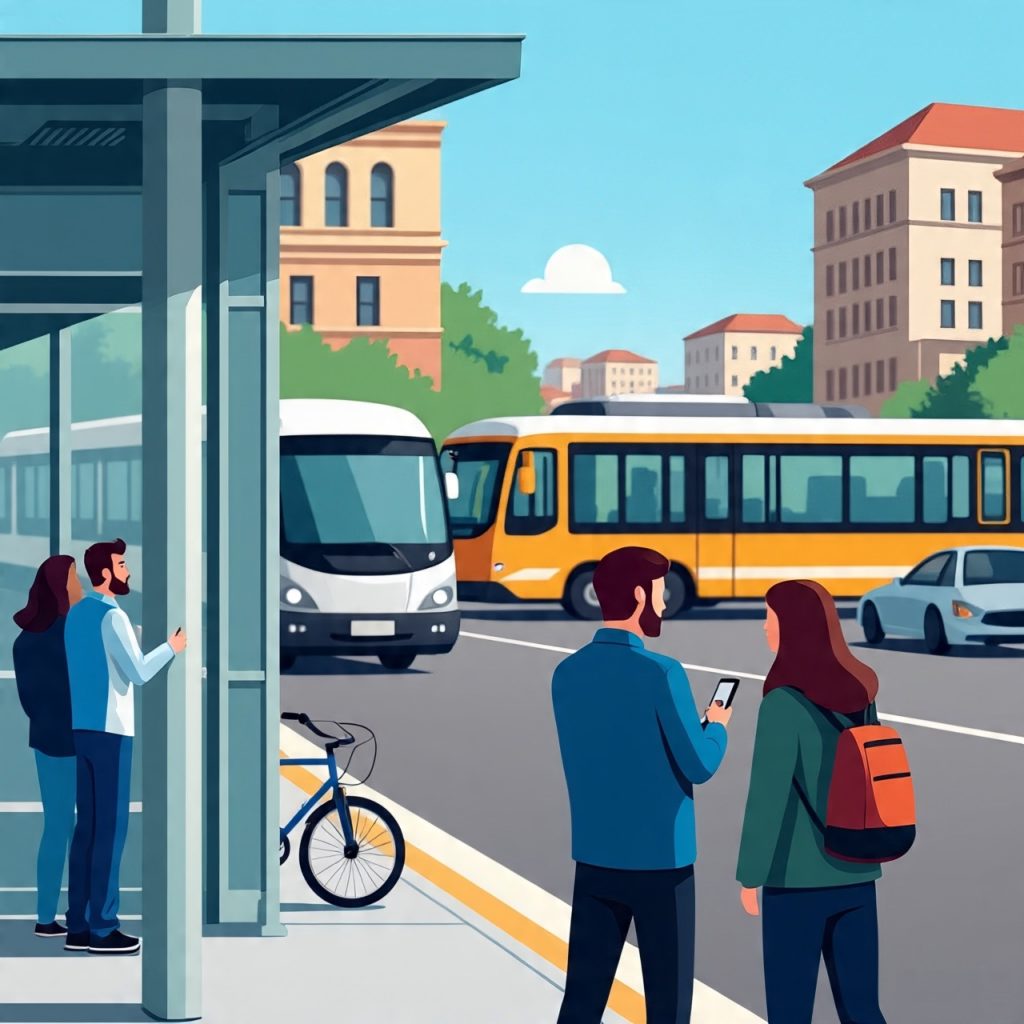RESEARCH PROJECTS
As digital transformation continues, everyday technologies will fundamentally change: they will become proactive, autonomous and more and more opaque for humans.
This research project examines how cooperation between humans and algorithmic agents can and ought to be designed, with regard to three potentially competing objectives: performance, satisfaction and accountability. Different types of human-algorithm-cooperation examples were created followed by exploring their impact on the efficiency and effectiveness of the result, the work satisfaction and wellbeing of the humans involved and societal and regulatory implications.
The project furthermore addresses broader issues of how to design human-algorithm-cooperation between the priorities of industry, workers, and society at large.
Road traffic is a social environment where drivers’ actions affect not only themselves but also other road users, including pedestrians and cyclists. With the increasing automation of vehicles, interactions in traffic will transform, relying on cooperation between vehicles, environments, and users through advanced technologies.
This project investigates how automation is changing social interaction in traffic and how sensory technologies can shape these interactions. Using multimodal sensors, including in-vehicle sensors and wearables, the study will explore how traffic situations are perceived by drivers and other road users, aiming to identify behaviors that are considered prosocial and contribute to a harmonious and safe traffic environment. The research will also develop new communication methods and interaction concepts for cooperation between humans and automated vehicles, addressing issues such as reliability, norm compliance, and decision-making. Ultimately, the project will provide a test environment and guidelines for designing interactive technologies that encourage prosocial behavior in traffic, using both qualitative and quantitative methods to assess social interactions in various traffic scenarios.
SMobI – AI-Supported Interventions for Sustainable Mobility Behavior.
Buses, trains, and bicycles are often more sustainable and healthier modes of transport, yet many people continue to rely on private cars out of habit or convenience. One reason is that information about greener alternatives often comes too late to meaningfully influence the decision.
The project “SMobI – AI-supported interventions for sustainable mobility behavior”, led by Murmuras, the University of Siegen, and IZT, addresses this challenge. Together, the partners are developing an innovative app that can detect when a travel decision is about to be made. At the right moment, the app provides tailored suggestions and motivation, helping users break old routines and choose more sustainable ways of getting around.


